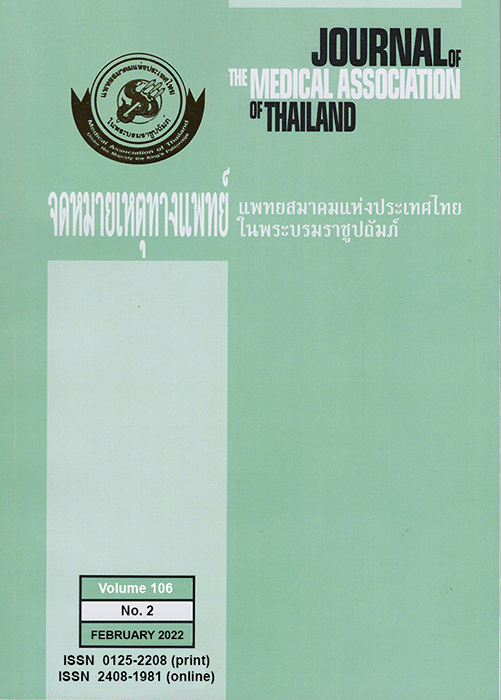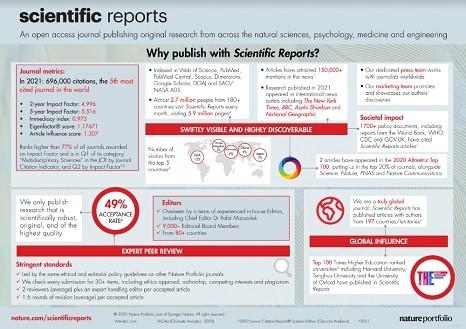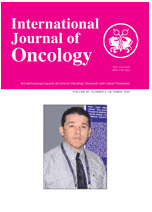
Which first aid treatment is appropriate for a bizarre skin lesion and cardiovascular collapse after swimming in the sea?(2018)
Title : Which first aid treatment is appropriate for a bizarre skin lesion and cardiovascular collapse after swimming in the sea?
Researcher : Thaikruea, L., Leelarasamee, A.
Abstract : A 52-year-old Thai female was stung by a jellyfish on her knee incurred while swimming in the sea on Kood island in the Gulf of Thailand. She initially felt like electric shot at her left knee with severe burning pain. Her left leg rapidly developed erythema and showed brownish-red colored marks as showed in the Figure 1. A few minutes later while rushing back to the resort, she had difficulty in breathing and could walk a few steps further before collapse. Her vital signs at emergency room were as following: BP 152/72 mm.Hg, pulse 114 beats/minute, respiratory rate 22 beats/minute, body temperature 36.8° Celsius.
Link to Academic article: http://www.jmatonline.com/index.php/jmat/article/view/9258
Journal : Journal of the Medical Association of Thailand, 2018, 101(8)
Bibliography : Thaikruea, L., & Leelarasamee, A. (2018). Which first aid treatment is appropriate for a bizarre skin lesion and cardiovascular collapse after swimming in the sea?. Journal of the Medical Association of Thailand, 101(8), pp. 1143–1144.

Whole-genome single nucleotide variant phylogenetic analysis of Mycobacterium tuberculosis Lineage 1 in endemic regions of Asia and Africa (2022)
Title : Whole-genome single nucleotide variant phylogenetic analysis of Mycobacterium tuberculosis Lineage 1 in endemic regions of Asia and Africa
Researcher : Netikul, T.,[mfn]1[/mfn] Thawornwattana, Y., Mahasirimongkol, S., …Chongsuvivatwong, V., Palittapongarnpim, P.
Department : 1Faculty of Medicine, Siam University, Bangkok, Thailand
E-mail : med@siam.edu
Abstract : Mycobacterium tuberculosis (Mtb) lineage 1 (L1) contributes considerably to the disease morbidity. While whole genome sequencing (WGS) is increasingly used for studying Mtb, our understanding of genetic diversity of L1 remains limited. Using phylogenetic analysis of WGS data from endemic range in Asia and Africa, we provide an improved genotyping scheme for L1. Mapping deletion patterns of the 68 direct variable repeats (DVRs) in the CRISPR region of the genome onto the phylogeny provided supporting evidence that the CRISPR region evolves primarily by deletion, and hinted at a possible Southeast Asian origin of L1. Both phylogeny and DVR patterns clarified some relationships between different spoligotypes, and highlighted the limited resolution of spoligotyping. We identified a diverse repertoire of drug resistance mutations. Altogether, this study demonstrates the usefulness of WGS data for understanding the genetic diversity of L1, with implications for public health surveillance and TB control. It also highlights the need for more WGS studies in high-burden but underexplored regions.
Link to Academic article: https://www.nature.com/articles/s41598-022-05524-0
Journal : Scientific Reports,
Bibliography : Netikul, T., Thawornwattana, Y., Mahasirimongkol, S., Yanai, H., WinMaung, H. M., Chongsuvivatwong, V.,… Palittapongarnpim, P. (2022). Whole-genome single nucleotide variant phylogenetic analysis of Mycobacterium tuberculosis Lineage 1 in endemic regions of Asia and Africa. Scientific Reports, 12(1), 1565.

α-Lipoic acid sensitizes lung cancer cells to chemotherapeutic agents and anoikis via integrin β1/β3 downregulation(2516)
Title : α-Lipoic acid sensitizes lung cancer cells to chemotherapeutic agents and anoikis via integrin β1/β3 downregulation (2516)
Researcher : Puchsaka, P.W., Chaotham, C., Chanvorachote, P.
Abstract : Chemotherapeutic failure and metastasis are the main causes of high mortality rate in lung cancer. Alteration of cellular redox status in response to endogenous stimuli or exogenous compounds has a significant impact on cell signaling and behavior. Herein we divulge for the first time that lung cancer cells exposed to α-lipoic acid (LA) resulted in a higher level of cellular superoxide anion (O2·-) and hydrogen peroxide (H2O2), and such an increase of the specific reactive oxygen species (ROS) downregulated integrin β1 and β3, the integrins known for potentiating aggressive behavior and metastasis. The LA-treated cells exhibited significant decrease in their abilities to survive in detached condition and grow in anchorage-independent soft agar assay. Furthermore, LA sensitized the cells to cisplatin, etoposide and paclitaxel-induced apoptosis. For underlying mechanism, we found that the treatment of the cells with LA significantly decreased integrin β1 and β3, while had no effect on integrin α5 and αv. Interestingly, survival protein p-AKT and anti-apoptotic protein Bcl-2 were reduced in an association to such integrin modulations. Using ROS probes and selective anti-oxidants, we have shown that H2O2 and O2·- induced by LA are key players for the decrease of β1 and β3 integrins, respectively. These findings indicate a novel effect of LA as well as specific ROS, O2·- and H2O2 in integrin regulation, anoikis and chemotherapeutic sensitizations.
Link to article: DOI: 10.3892/ijo.2016.3624
Journal : International Journal of Oncology, 2016, 49(4)./ in Scopus